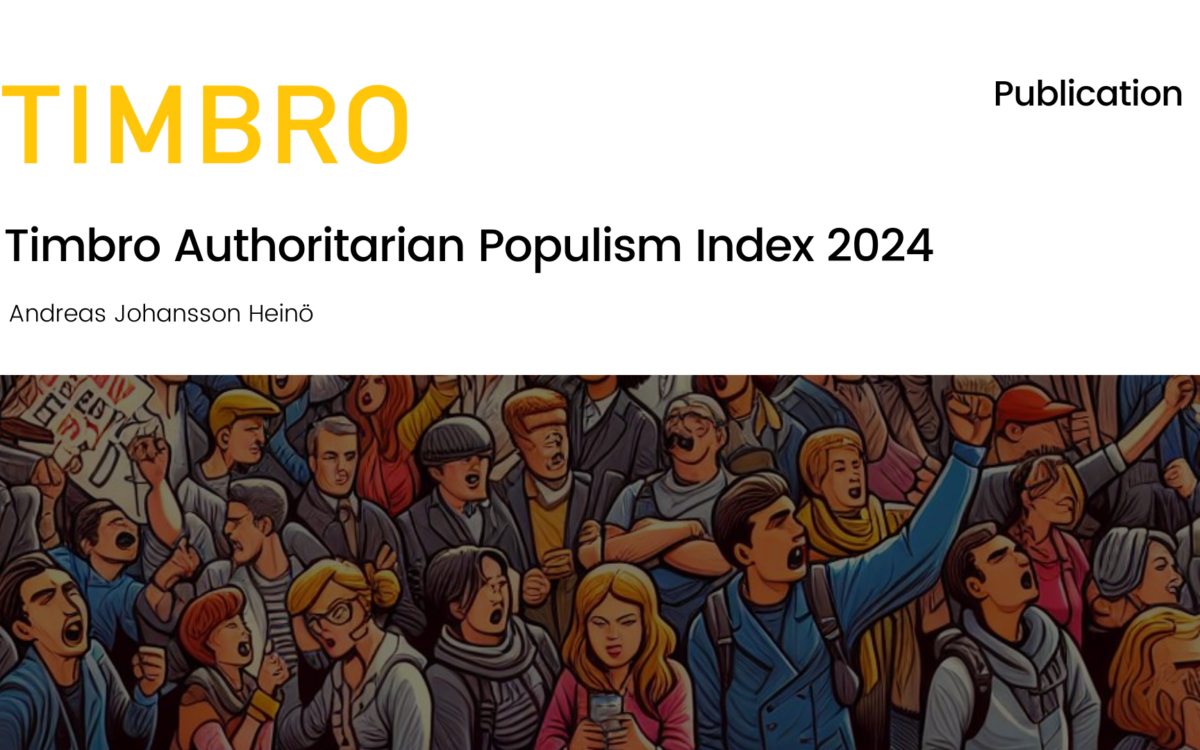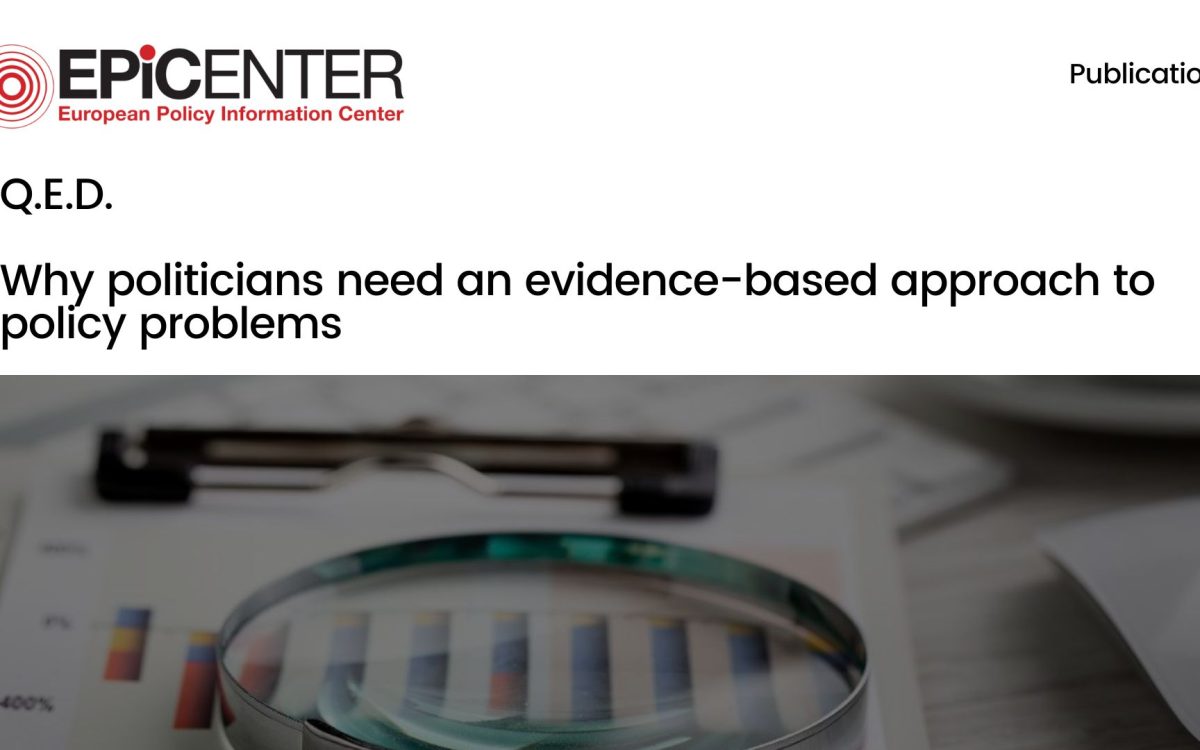Obesity And Overweight In Italy And The OECD Area

Obesity And Overweight In Italy And The OECD Area
27 January 2021
The way obesity is measured throughout the EU and OECD countries is significantly flawed. This paper shows that existing international comparisons measuring obesity are flawed as a result of inaccurate data being compiled on a national level. This creates a recurrent distortion of statistics on obesity and overweight, and leads to significant problems in policy making.
These discrepancies present real difficulties for policy makers and researchers because without reliable data, they cannot correctly evaluate the efficacy of their policies. The fact that countries compile their datasets differently makes international comparison redundant and ineffective.
If two countries with identical levels of obesity gather their data differently it creates misleading results. If country A uses self-assessment surveys which tend to underestimate individuals’ Body Mass Index (BMI), and country B uses experts to take accurate readings, then the international comparison will show higher levels of obesity in the country B despite the same levels of actual obesity.
To combat this problem, a harmonised measure of obesity and overweight should be devised at an international level. Only then will it be possible to make international comparisons and properly scrutinise public health policy. The datasets should be collected at regular intervals by experts and not rely on self-assessment surveys to prevent biased results.
Download or share this publication
View the PDF
EPICENTER publications and contributions from our member think tanks are designed to promote the discussion of economic issues and the role of markets in solving economic and social problems. As with all EPICENTER publications, the views expressed here are those of the author and not EPICENTER or its member think tanks (which have no corporate view).



